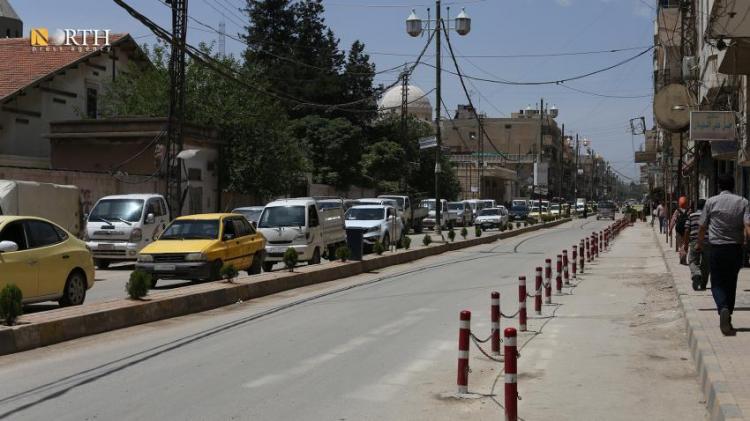Syrian Arab and Christian communities support Intra-Kurdish dialogue
QAMISHLI, Syria (North Press) – Syriac, Assyrian and Arab prominent figures on Wednesday applauded the intra-Kurdish dialogue in Syria stating it would not exclude other communities from ruling the country’s northeast.
“The agreement between the Kurdish National Council in Syria (ENKS) and the [PYD-led]Kurdish National Unity parties is in the interest of the region and solves their political disputes,” Gabriel Moushe, a senior official at the Christian Assyrian Democratic Organization told North Press.
He pointed out that the agreement will not exclude other communities in the area, but rather it solves internal Kurdish political issues.
Moushe also noted that any agreement between the Kurdish factions should take the other communities of northeastern Syria into consideration.
Last week, ENKS and the [PYD-led] Kurdish National Unity parties announced they reached an initial understanding on a political vision for Syria stemming from the 2014 Duhok agreement.
This understanding came after a long-term intensive dialogue on the initiative of Syrian Democratic Forces (SDF) commander-in-chief Mazloum Abdi and with direct American support and sponsorship.
The dispute between the two Kurdish factions, ENKS which is a group of Kurdish political parties affiliated with the Turkish-backed Syrian opposition, and PYD, the main Kurdish party in northeast Syria began after the breakout of the Syrian civil war in 2012.
Arab Communities’ position
Amer Sheikh Halosh, an Arab community leader and lawyer, told North Press, “Kurdish participation in the Syrian political scene is important.”
“The intra-Kurdish talk plays a significant role in founding a future with no conflicts and crises,” he added.
But he further pointed out that the agreement of two Kurdish blocks didn’t contain all Kurdish parties in Syria.
“The Kurdish Democratic Progressive parties, Kurdish Democratic Unity Party in Syria (Yekiti) and many other Kurdish parties,” he said.
Halosh also rejected the accusation that the main Kurdish parties would exclude the other communities from ruling the area.
“Talks that accuse the two parties that their agreement and understanding on specific percentage is at the expense of other communities in the region, are incorrect, and this dialogue is the right policy which Syria needs,” he said.
Christian Communities’ stance
Hana Somi, a senior member of the Syriac Union Party, said the talks among the Kurdish political parties would have positive influences on the region.
“[Kurdish talks] are not against Arabs, Syriac or other communities and what is rumoured about power sharing at the expense of the communities are incorrect,” he said.
He added that the intra-Kurdish dialogue will strengthen cooperation and understanding between parties and other Syriac institutions.
Dohuk agreement in 2014 was signed between ENKS and the PYD-led Council, known as TEV-DEM, in the city of Duhok in the Kurdistan Region of Iraq. It provided for the formation of a Kurdish political authority in Syria, but it failed due to mutual accusations between the two parties.
(Reporting by Reem Shamoun; Editing by Hisham Arafat)

